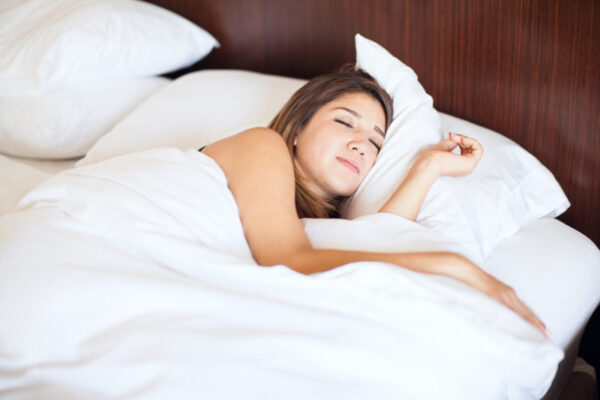
Sleep is crucial to your overall health and well-being. If you’re having trouble sleeping in your Eastman, Georgia, home, you may not realize the factors that could be to blame. The temperature in your bedroom, your sleeping habits, and moisture levels in the home could all impact how restfully you sleep at night. Read on to learn three ways to sleep better and feel healthier.
Manage Bedroom Temperature
When you get ready to fall asleep, your body drops its temperature to aid in the relaxation process. If it’s too hot in your room, it’s hard to reach the ideal body temperature for restful sleep. The National Sleep Foundation recommends setting your thermostat between 60 and 67 degrees. You can also use a fan to keep air circulating in your bedroom, which will make it feel cooler.
Avoid Poor Sleeping Habits
Poor sleeping habits also impact the quality of your sleep. Avoid using stimulants close to bedtime, including nicotine and caffeine. Only use your bed for sleep, as using it for watching TV or doing work tasks will cause your brain to stop associating it with a place where you relax and sleep.
If you’re in the habit of napping during the day, limit your naps to 30 minutes. Too much sleep during the day makes it harder to sleep at night. Certain foods might also give you indigestion, which is painful when you lie down at night. Therefore, steer clear of spicy, heavy or fried foods.
Balance Moisture Levels
Indoor humidity plays a major role in the comfort level of your home. When it’s too humid, the atmosphere feels muggy and heavy, making it harder to breathe. Your central air conditioner can manage moisture levels to some degree. But you should also consider using a dehumidifier if it’s still too humid. During the summer months, keep your windows closed to prevent humidity from coming into your bedroom.
Don’t let your HVAC system impact your ability to get a good night’s rest. Call Pruett Air Conditioning at 478-374-1481 to schedule a fall tune-up today and sleep better tomorrow.
Image provided by Shutterstock

